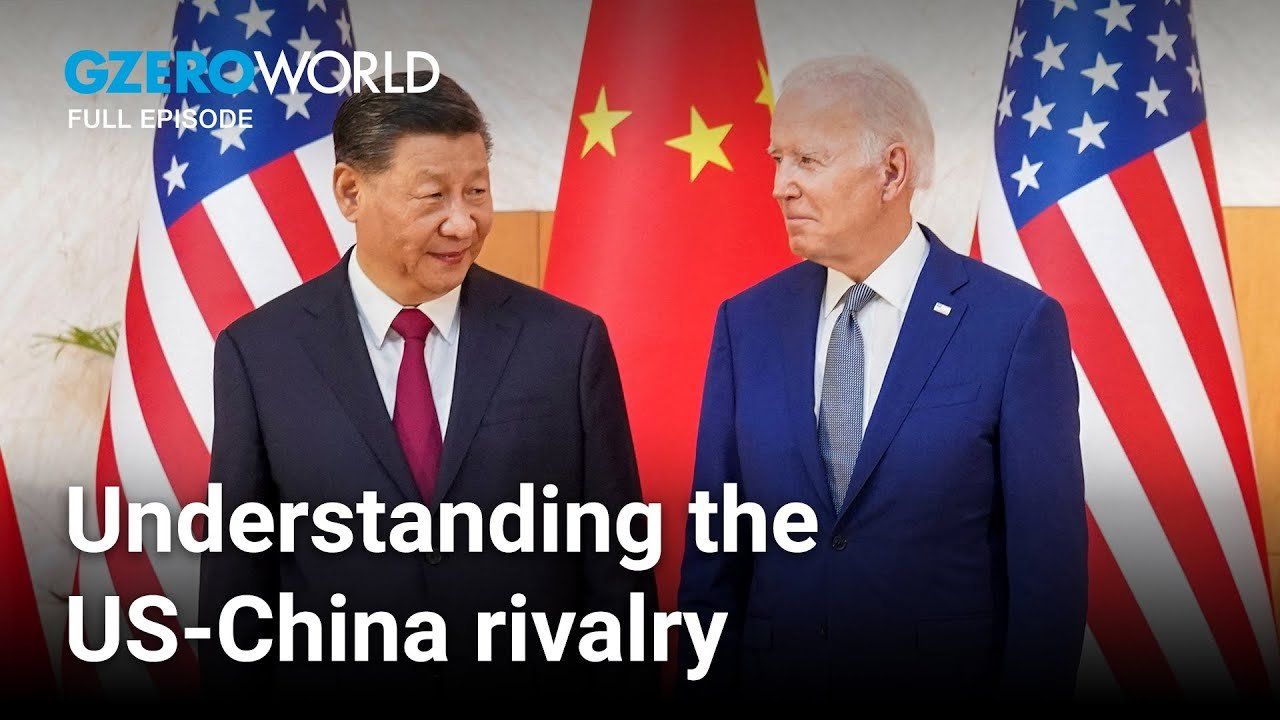GZERO World with Ian Bremmer
Where the US & China agree - and where they don't

Where the US & China agree - and where they don't | GZERO World with Ian Bremmer

“This is largely a competitive relationship,” Burns tells Bremmer. It’ll likely be a systemic rivalry well into the 2030s between the two largest economies in the world and the two strongest militaries in the world, so what happens here is very consequential.”
With close ties to both the US and China, can Singapore survive in an increasingly fragmented and chaotic world? Singapore’s President Tharman Shanmugaratnam joins Ian Bremmer on the GZERO World Podcast.
Think you know what's going on around the world? Here's your chance to prove it.
This week, Prime Minister Keir Starmer became the first UK leader to visit China in eight years. His goal was clear: build closer trade ties with Beijing.